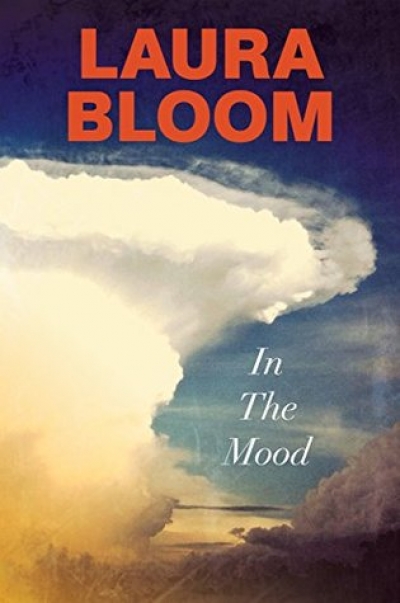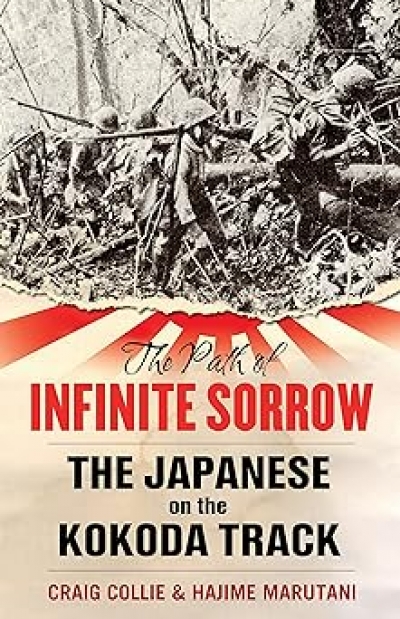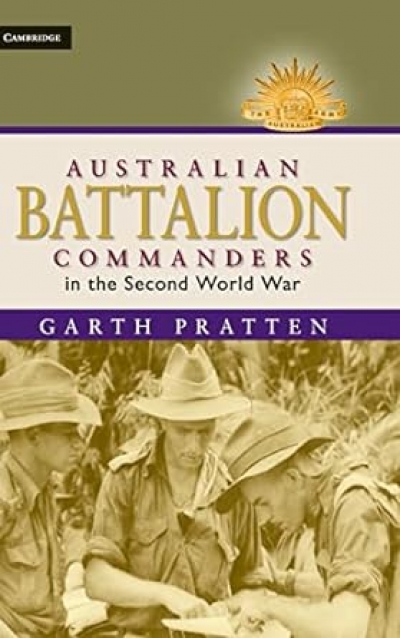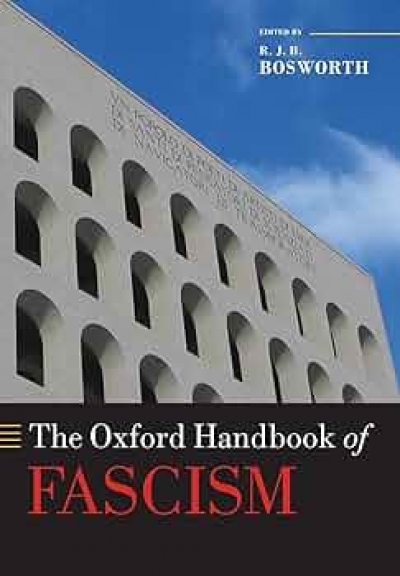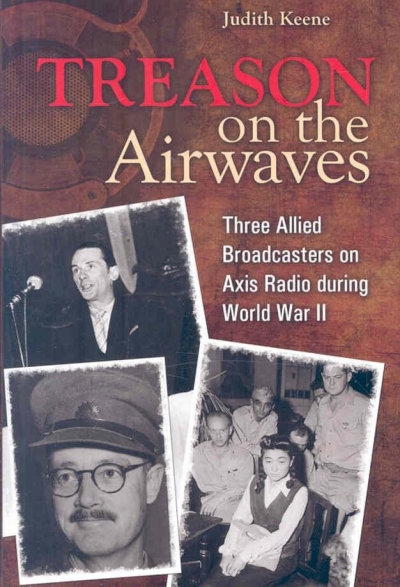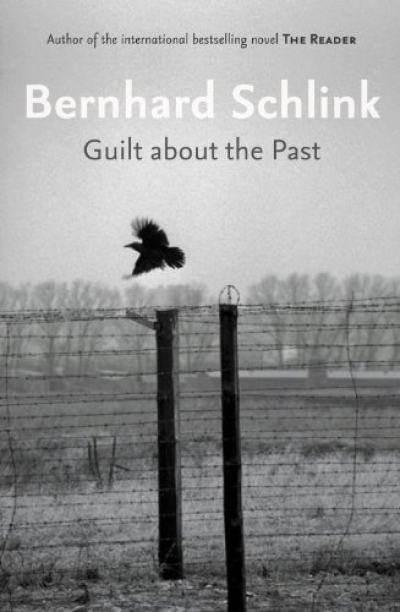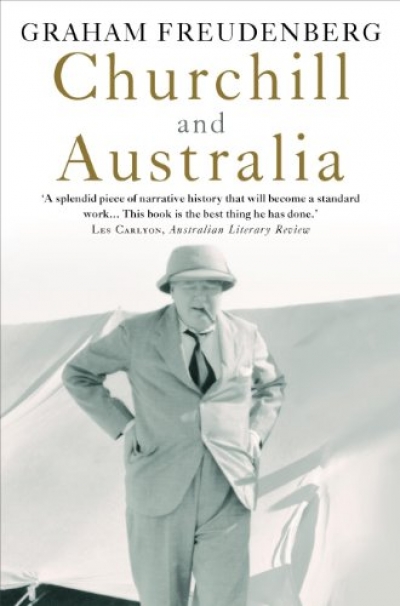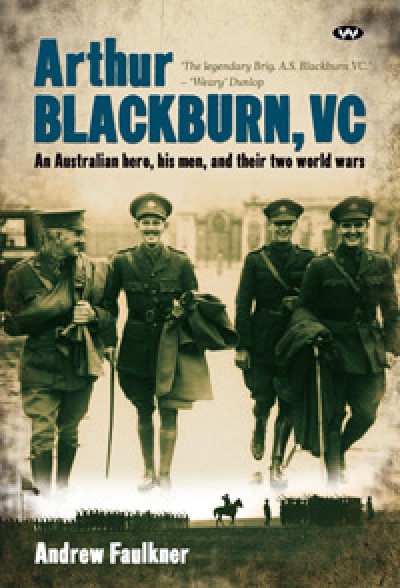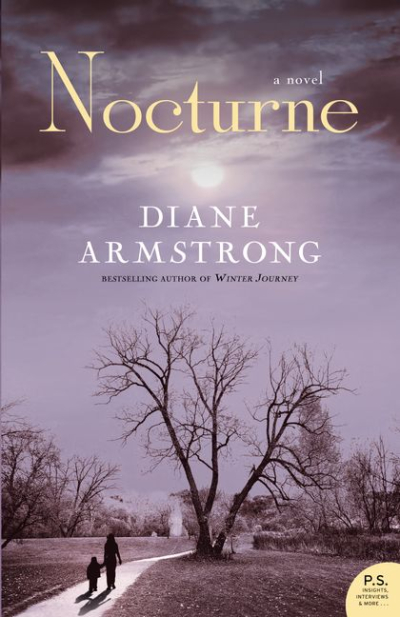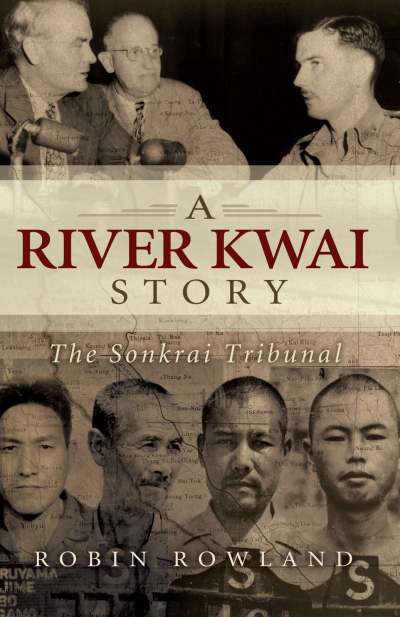World War II
The Path Of Infinite Sorrow: The Japanese On The Kokoda Track by Craig Collie and Hajime Marutani
by Steven Bullard •
Australian Battalion Commanders in the Second World War by Garth Pratten
by John Connor •
Treason on the Airwaves: Three Allied broadcasters on Axis radio during World War II by Judith Keene
by Jock Given •
Churchill and Australia by Graham Freudenberg
by Geoffrey Blainey •
Arthur Blackburn, VC: An Australian hero, his men and their two world wars by Andrew Faulkner
by Robin Prior •
A River Kwai Story by Robin Rowland & The Men of the Line by Pattie Wright
by John Connor •

